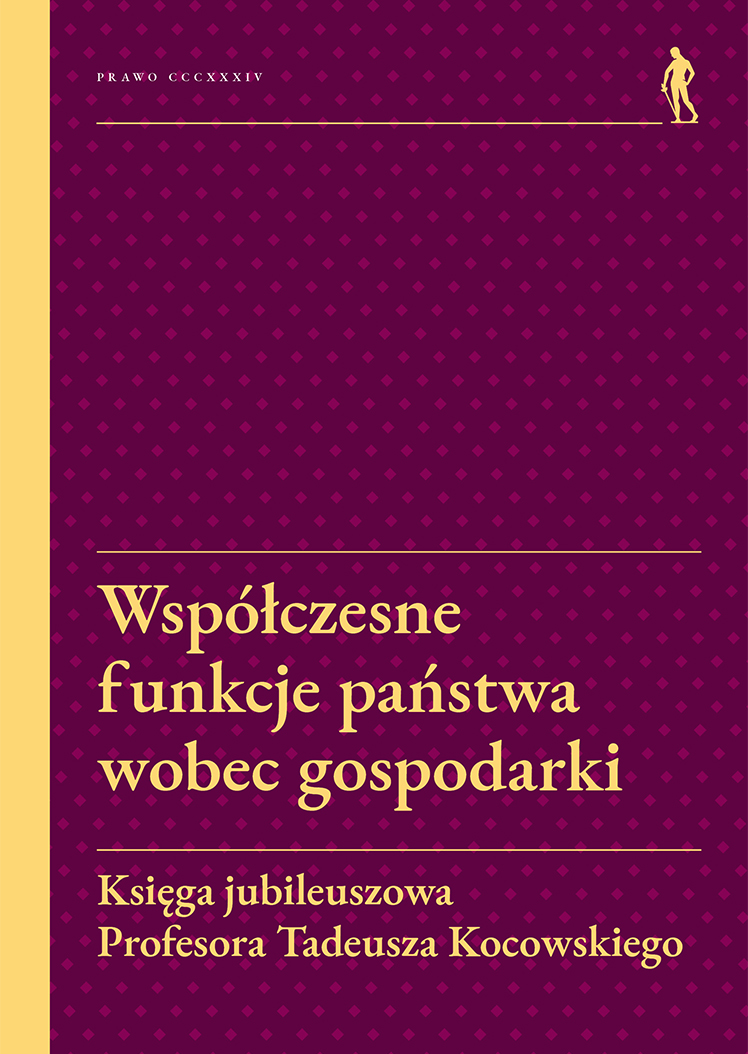

Articles

Issues related to management, quality and competences have been very popular for at least several decades and are the subject of analyses by representatives of various scientific disciplines. They are interesting because they concern almost every area of our life — their development and, at the same time, problems to be solved, implementing innovations, constantly taking into account the context of socio-cultural, economic, technological and other changes. According to Andrzej Blikle, this is a universal method, the aim of which is to increase the effectiveness of the functioning of human teams in various types of institutions, including business, local government, public administration, education, services and the army.
Management through quality (total quality management) concerns a pro-quality approach to life and work based on cooperation, commitment, mindfulness, self-control, the need to develop and raise one’s own qualifications and competences. Ultimately, its implementation is to affect the long-term development and well-being of employees, institutions as well as potential applicants, customers, etc., and a wide range of institutions and people using the services of a company/institution or cooperating with it (within various spheres of, among others, the social, cultural, economic, and educational reality) and society understood in its various dimensions. The article deals with the key aspects and contexts of the concept of comprehensive quality management.